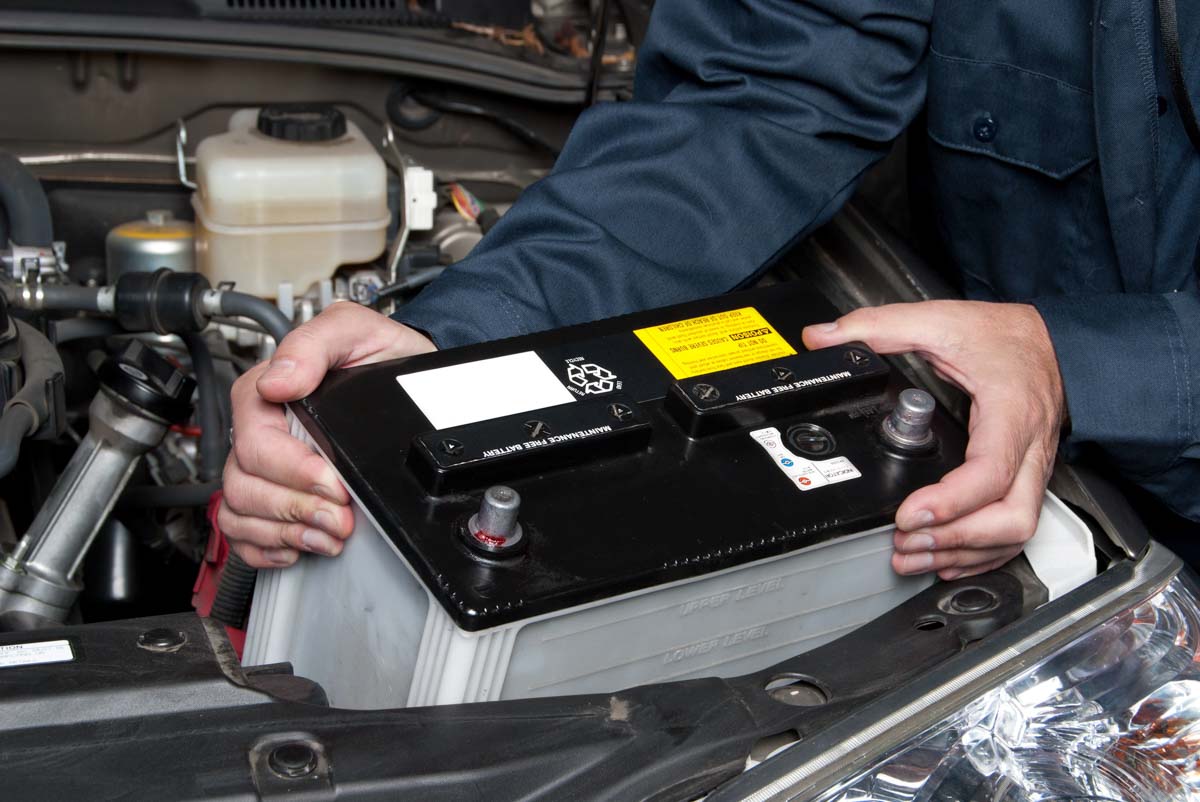Understanding the Lifespan of Car Batteries: Is Replacement Necessary Every 3 to 5 Years?

Car batteries should typically be considered for replacement when their capacity drops to around 80%. This is because unpredictable issues may arise when the capacity falls below this threshold. While manufacturers often recommend replacing car batteries every 3 to 5 years, certain conditions can impact the lifespan of a battery.

Car batteries tend to perform better in warmer temperatures, while cold weather can accelerate issues and lead to premature deterioration. Excessive discharge is another concern, as draining the battery while using in-car entertainment can potentially cause premature failure.
Modern cars are equipped with advanced electronic control systems that provide warnings or automatically shut down the engine when battery levels are critically low to prevent complete depletion. However, frequent full discharges, such as leaving the engine off for extended music sessions, can hasten battery wear.
Vehicles without many electronic features, especially those lacking constantly powered devices like keyless entry, may have batteries that last beyond 5 years. On the other hand, contemporary cars with numerous electronic components such as welcome lights, electrically folding mirrors, and continuous parking monitoring systems can put more strain on batteries, impacting their lifespan.
Some high-end vehicles incorporate dual batteries to address this challenge. Owners should pay attention to their vehicle’s electrical systems and take prompt action if any signs of battery issues arise. Consulting an automotive technician to measure the battery voltage using a voltmeter is a wise approach.
A healthy battery typically registers between 13 volts and 9 volts. If the voltage falls below 9 volts, prompt replacement is recommended. While older vehicle models with fewer electronic components might enjoy a longer battery life of 5 years or more, modern cars demand more from their batteries.
Factors such as engine idling habits and frequent overnight discharges can influence battery life. In cases where a battery needs replacement, seeking professional assistance is crucial. Car owners should consult 4S stores or specialized service centers for diagnostics and proper battery maintenance.
It’s important to note that a significant drop in voltage during idling doesn’t always indicate insufficient battery capacity. Vehicle owners should avoid deep discharges, as this can significantly reduce a battery’s lifespan. Regular battery maintenance, such as keeping it fully charged and clean, especially during winter, can contribute to a prolonged lifespan.
In conclusion, while the 80% threshold serves as a general guideline, individual driving habits, vehicle features, and environmental factors play significant roles in determining the actual lifespan of car batteries. Regular maintenance, cautious usage, and prompt attention to warning signs contribute to ensuring optimal battery performance.











